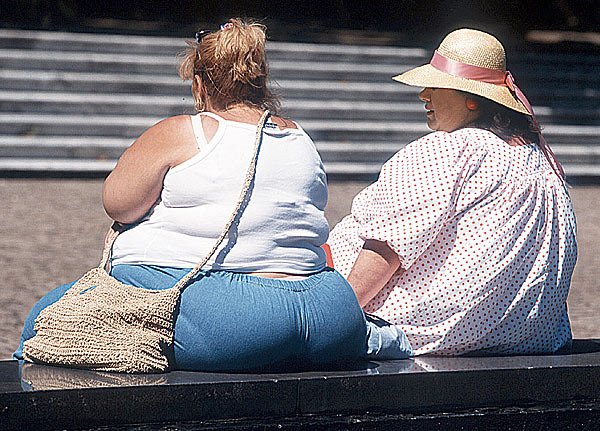Scientists claim people who believe in luck and fate are more likely to be obese.
Researchers found that those who place their hands in fate were less likely to change their lives by their own actions, leading to conditions including obesity.
Their outlook meant they exercised less, ate less healthily and smoked and drank more than those who believed their life was in their own hands.
A team from the Melbourne Institute of Applied Economic and Social Research looked at the diet and exercise habits of more than 7,000 people and compared the results to their personality types.

Professor Deborah Cobb-Clark said those who had a greater faith in luck or fate were more likely to live an unhealthy life, adding: “Our research shows a direct link between the type of personality a person has and a healthy lifestyle.”
She suggested that the findings could have implications for the obesity epidemic, with psychology playing a more important role.
Prof. Deborah Cobb-Clark said: “The main policy response to the obesity epidemic has been the provision of better information, but information alone is insufficient to change people’s eating habits.
“Understanding the psychological underpinning of a person’s eating patterns and exercise habits is central to understanding obesity.”
The research also found that men and women hold different views on the benefits of a healthy lifestyle.
While men wanted physical results from their healthy choices, women were more receptive to the everyday enjoyment of leading a healthy lifestyle.
Prof. Deborah Cobb-Clark said this implied policies to cut obesity may need to be tailored according to gender, adding: “What works well for women may not work well for men.
“Gender-specific initiatives may be particularly helpful in promoting healthy lifestyles.”
